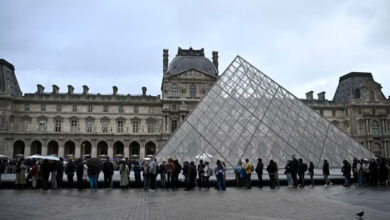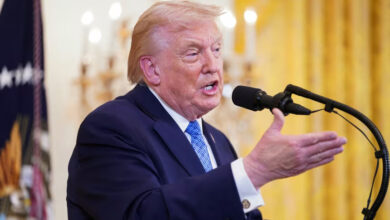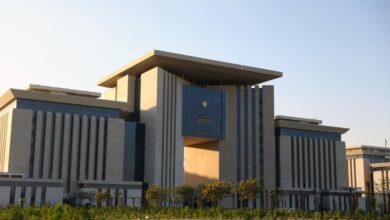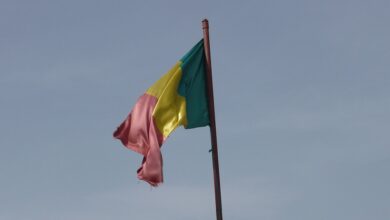
Soldiers looted petrol stations and hijacked cars in Mali's capital Bamako on Friday, 48 hours after a military coup, and the African Union said it had assurances that President Amadou Toumani Toure was safe.
The AU suspended Mali's membership after the coup, which has left the West African nation in limbo and jangled nerves in a region suffering aftershocks from last year's Libyan war.
"We have been told that the president is safe, protected by a certain number of loyalists," AU Commission head Jean Ping told reporters after a meeting of the bloc's Peace and Security Council in Addis Ababa.
"The president is in Mali for sure. The assurances we are getting from those that are protecting him is that he is not far from Bamako," Ping said.
Rumours swirled of an imminent counter-coup led by Toure loyalists and that Amadou Sanogo, the army captain named as coup leader, had been killed, a suggestion denied on state TV.
"We assure you that everything is fine," a statement from the coup's leaders said. "We invite you to go about your daily business as normal." Sanogo later appeared on the evening news, but it was not clear when the shots of him were taken.
The coup's leaders have sought to capitalise on popular dissatisfaction at Toure's handling of a rebellion by northern nomads launched in January. But they looked isolated as a coalition of parties condemned the coup and urged new elections, which before Wednesday's events had been scheduled for April.
"The signatories … condemn this forceful takeover which is a major setback for our democracy," 10 parties including ADEMA, the largest in parliament, said in a joint declaration.
Residents in Bamako said looting had caused shortages and fuel prices have doubled to over 1,300 CFA francs a litre in about 24 hours.
"I am a driver but there is no fuel for the car, I do not even have fuel for my bike to go back home," said Youssouf Diawara as he queued with other motorists for petrol.
Although most shops, petrol stations and businesses were closed some residents ventured out in search of necessities.
"People are afraid because of the soldiers. Often (they take) what is in the car or they make you get out and take the car or sometimes the soldiers themselves just break into shops," said Bamako resident Adama Quindo.
Later in the day, however, an appeal by Sanogo for an end to the looting seemed to take effect as the streets became quieter and soldiers were seen at one warehouse arresting a group of 20 civilians who were taking goods.
Rebels thrust southwards
Tuareg-led MNLA rebels in northern Mali, aiming to capitalise on confusion in the distant capital, pushed south to occupy positions abandoned by government forces, sources said.
"The situation is very difficult in Kidal," Mahamadou Belco Maiga, president of the local regional council, said in the northern town of Kidal.
"The rebellion has encircled the town, but we have men who are very determined to resist," he said, adding that a pull-out by government troops from the town of Anefis, 100 km (60 miles) to the southwest, had been a tactical retreat.
Sanogo said he was ready to negotiate with the rebels but that his aim was to maintain Mali's territorial integrity.
Hama Ag Mahmoud of the MNLA's political wing told Reuters in the Mauritanian capital Nouakchott: "We are ready to negotiate but there are conditions — the incumbent must be well established, representative and have the political class behind him and we must have guarantees from big country powers."
Ag Mahmoud stressed the group had no ambitions other than the occupation of the three northern regions of Mali.
The MNLA, whose numbers have been swollen by Malian Tuaregs returning from the ranks of Libya's army, have been fighting since mid-January for an independent north. They have pushed government soldiers out of remote towns but have not yet threatened the regional capitals of Timbuktu and Gao.
Diplomats and officials also believe Toure is being protected by a pocket of loyalist soldiers. The US embassy denied rumours the president was being sheltered there.
Toure, 63, a former paratrooper who seized power in 1991, had gained the nickname 'Soldier of Democracy' in Mali and had been preparing to cede power in April after the election.
Mali's neighbours, the United Nations and world powers from Paris to Washington called for a return to constitutional rule. Regional body ECOWAS said it would not recognise the junta.
The World Bank and African Development Bank have condemned the military coup and suspended funds to Mali. U.S. aid group Millennium Challenge Corporation suspended operations in the country on Thursday, while the European Commission also suspended development operations.




